Domestic carmakers jostling with competition from imported brands
While the auto market for years has witnessed slow sales in August, tradition has not been followed this year thanks to the high demand.
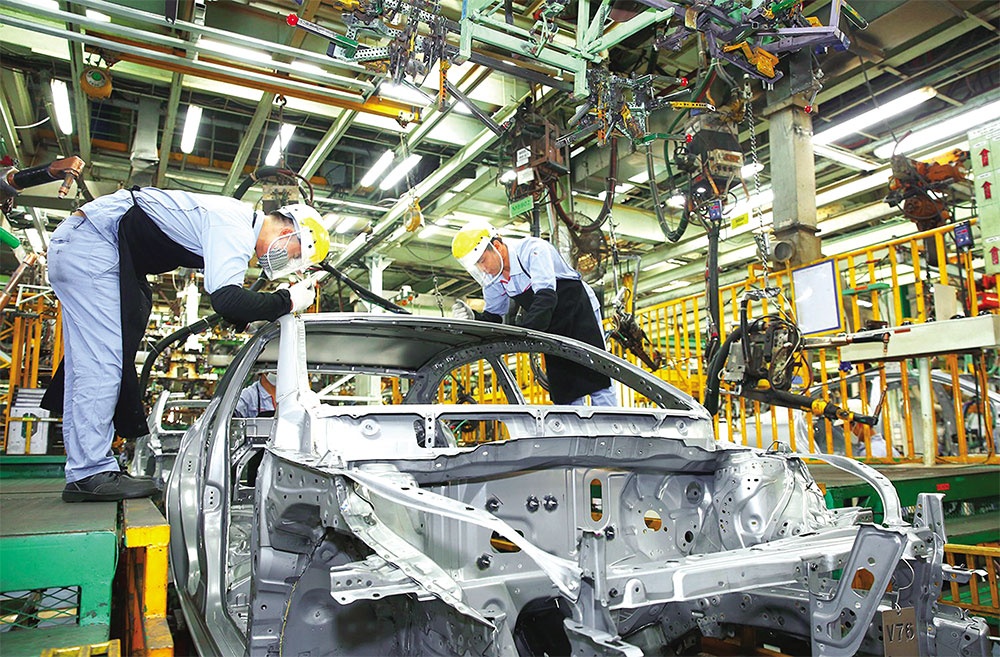 |
| The Vietnam Automobile Manufacturers’ Association noted that cars are in short supply and some automakers are searching for new supply |
According to a report by the General Statistics Office released last week, around 52,200 cars, including both imported and domestically-produced cars, were added to the auto market in August, an increase of 5.1 per cent compared to July. Among them, about 18,000 completely-built-up cars were imported to Vietnam with a total value of approximately $375 million, an increase of 25.3 per cent in volume and 25.2 per cent in value in July. This marks the month with the highest number of imported cars into Vietnam this year, demonstrating that imported cars are regaining their competitiveness. Imported cars to Vietnam are mainly originating from Thailand and Indonesia.
“Vietnam’s auto market from now to the end of the year, if there is no fluctuation in supply, will continue to grow because the demand to buy new cars is increasing after the pandemic peak,” said Tran Quang Ha, deputy director of the Department of Science and Technology under the Ministry of Transport.
In addition, many new and upgraded models have been imported to Vietnam to prepare for sale, including the Honda HR-V and Isuzu mu-X, the new-generation Ford Everest, and upgraded versions of the Nissan Almera from Thailand and Mitsubishi Xpander from Indonesia.
Meanwhile, industry experts predicted that the global shortage of semiconductor chips will continue to last at least until the end of 2022. Along with that, a series of car manufacturers worldwide have planned to cut production because supply chain problems have not been fully solved.
For instance, Honda announced that it would slash production plans by up to 40 per cent in Japan this month. The cut output was blamed on logistical issues and a shortage of semiconductor chips.
The Vietnam Automobile Manufacturers’ Association noted that the shortage of rare metals and chips is a global problem, meaning cars are in short supply and some automakers are having to change direction and find other sources of supply. Vietnam is currently struggling to produce chips for both cars and motorcycles, therefore, more imports are relied upon.
Dr. Truong Thi Chi Binh, vice president of the Vietnam Association of Supporting Industries, said that in the past five years, the Vietnamese auto market has only reached an output of around 400,000 vehicles per year, with too many models available, while the quantity is also dispersed and pushes up production costs. “Therefore, manufacturers have not focused on investment in domestic production to increase the localisation rate,” Binh said.
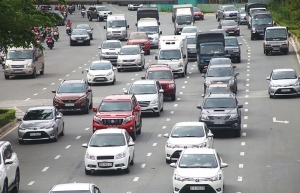 | Carmakers hit the brakes over newest emergency measures Auto manufacturers are looking at bleak prospects as the global pandemic weakens sales and pushes them to temporarily suspend production, with the trend expected to continue through April at least. |
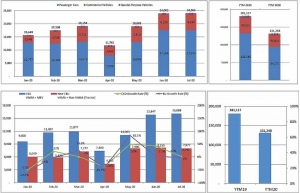 | Anxious carmakers hoping losses remain in rear mirror Despite efforts in converting part of their facilities to produce ventilators and face masks for fighting the coronavirus pandemic, global carmakers are still reporting losses that are hoped to eventually change direction into profit again by the end of the year. |
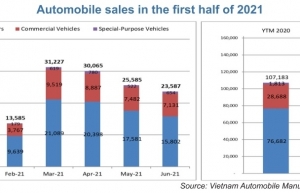 | Carmakers ride on despite sales dip Famous automakers are pushing on with plans to launch new models and promotions in Vietnam despite the pandemic roadblocks, thanks in part to positive results made over the first half of the year. |
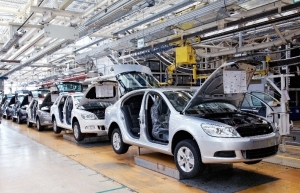 | Carmakers rack up profits despite global intricacies The lack of car manufacturing supplies has increased delivery times and increased driver costs. However, the high demand is helping some businesses in the industry reap big profits. |
What the stars mean:
★ Poor ★ ★ Promising ★★★ Good ★★★★ Very good ★★★★★ Exceptional
Related Contents
Latest News
More News
- State corporations poised to drive 2026 growth (February 03, 2026 | 13:58)
- Why high-tech talent will define Vietnam’s growth (February 02, 2026 | 10:47)
- FMCG resilience amid varying storms (February 02, 2026 | 10:00)
- Customs reforms strengthen business confidence, support trade growth (February 01, 2026 | 08:20)
- Vietnam and US to launch sixth trade negotiation round (January 30, 2026 | 15:19)
- Digital publishing emerges as key growth driver in Vietnam (January 30, 2026 | 10:59)
- EVN signs key contract for Tri An hydropower expansion (January 30, 2026 | 10:57)
- Vietnam to lead trade growth in ASEAN (January 29, 2026 | 15:08)
- Carlsberg Vietnam delivers Lunar New Year support in central region (January 28, 2026 | 17:19)
- TikTok penalised $35,000 in Vietnam for consumer protection violations (January 28, 2026 | 17:15)

 Tag:
Tag:


















 Mobile Version
Mobile Version